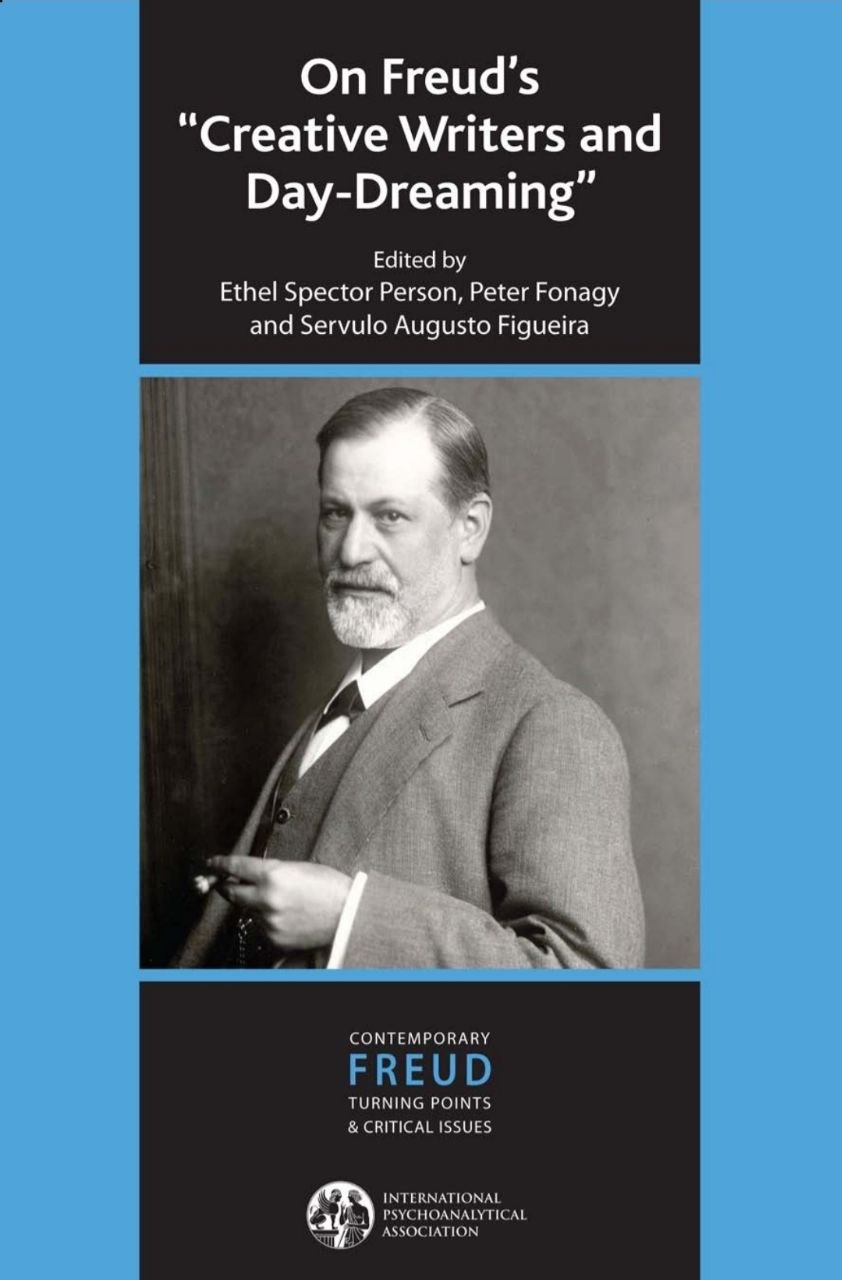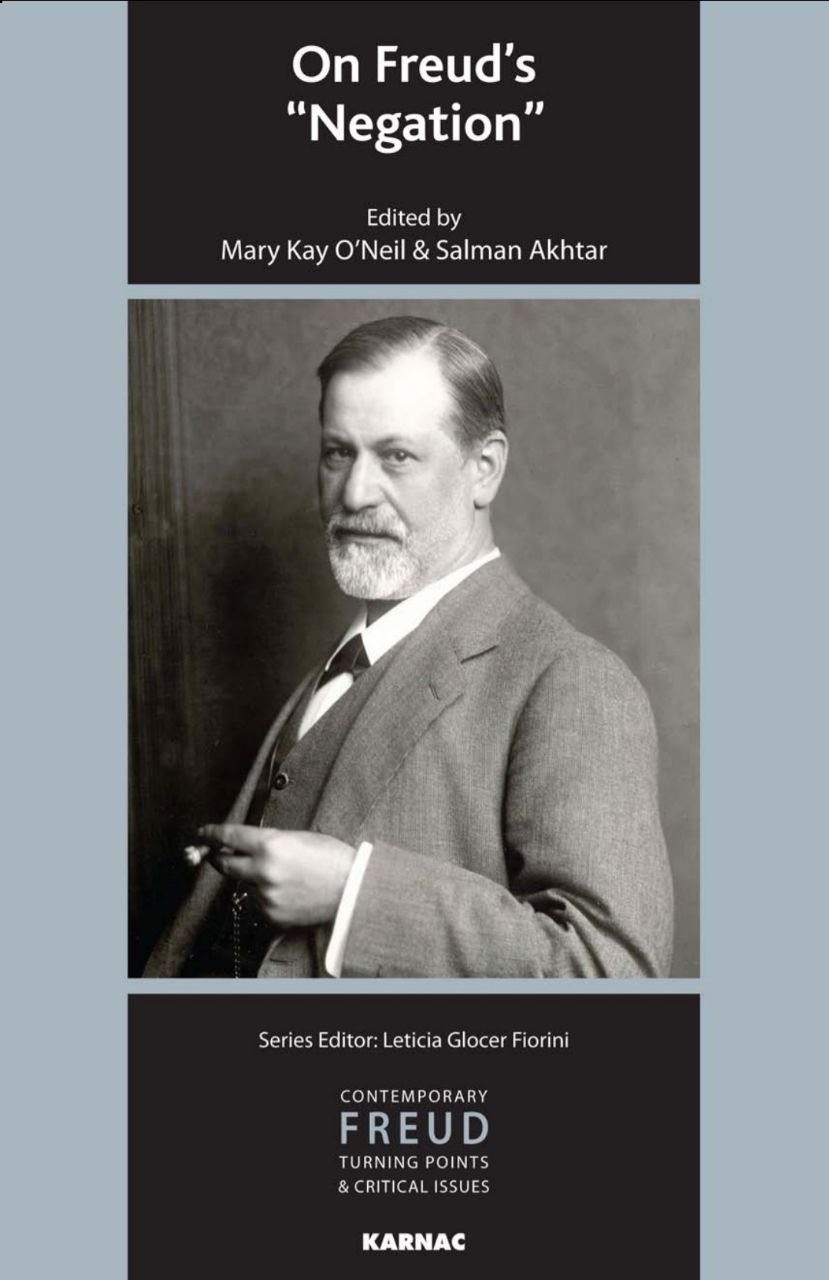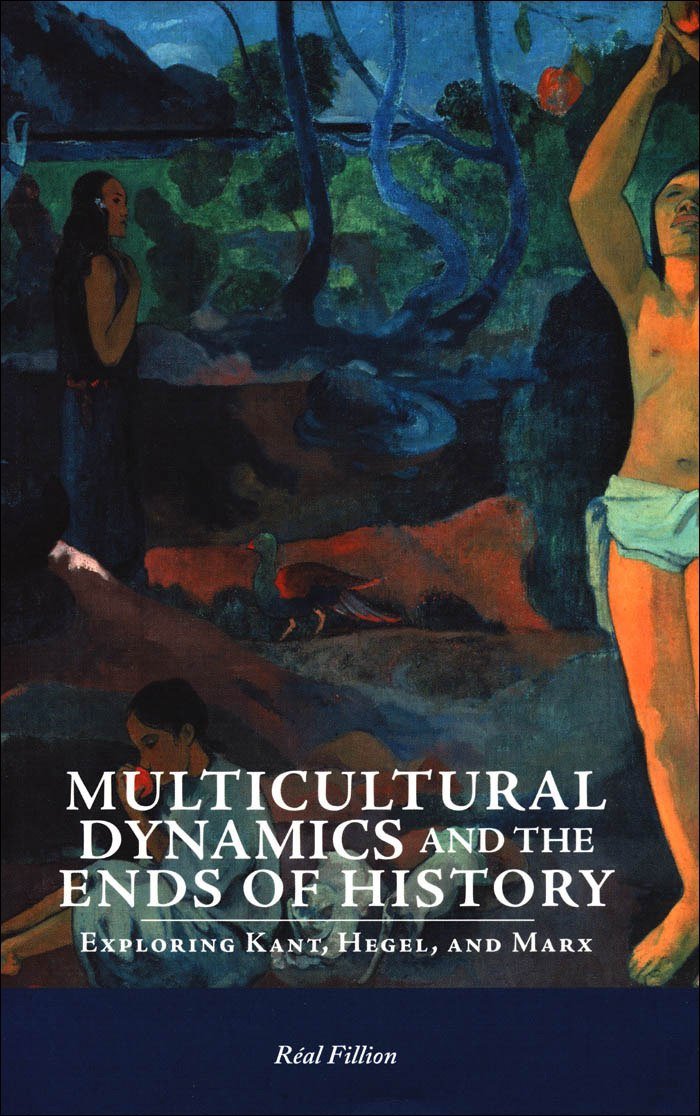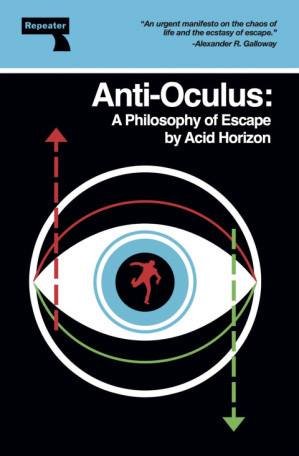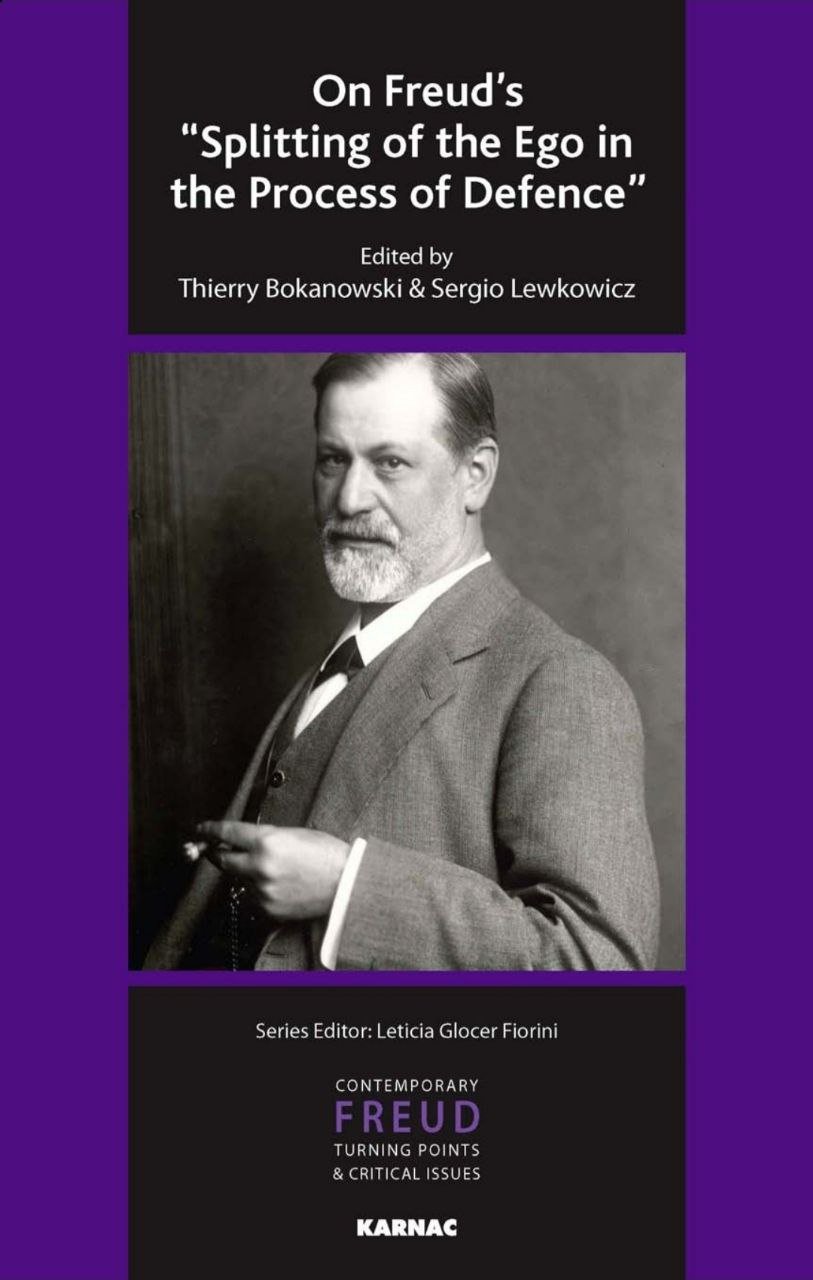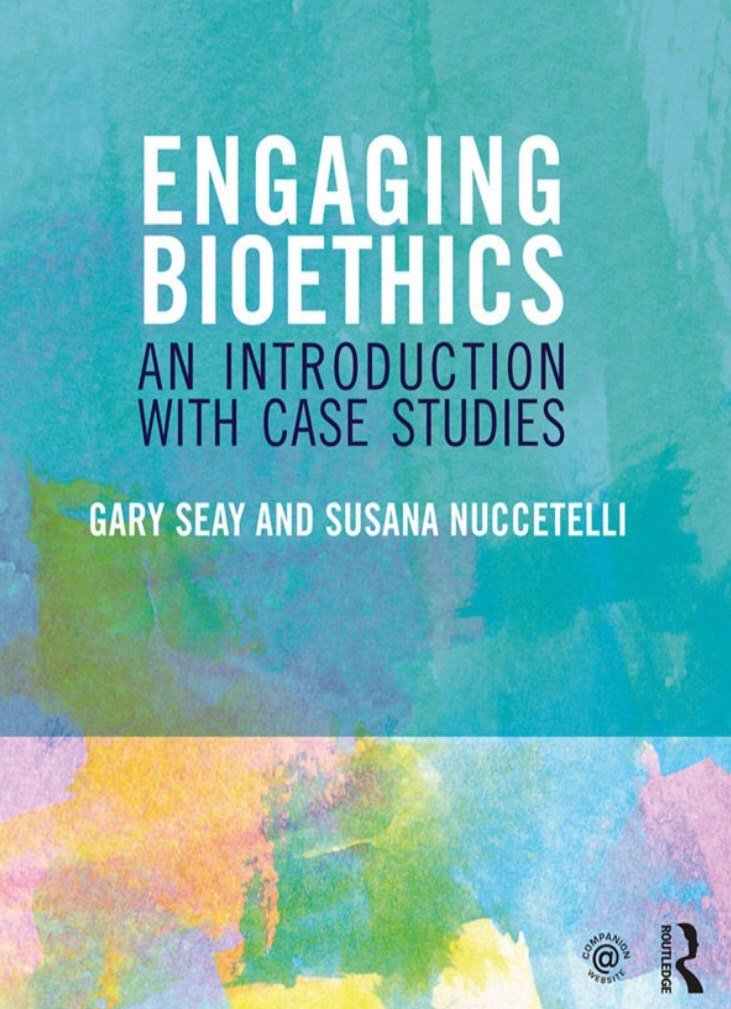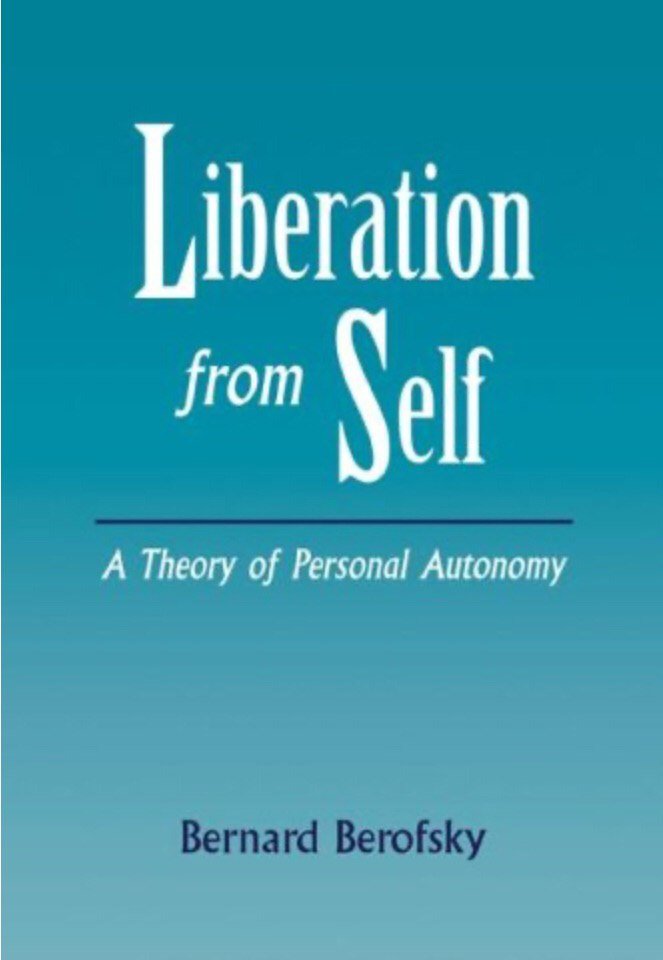
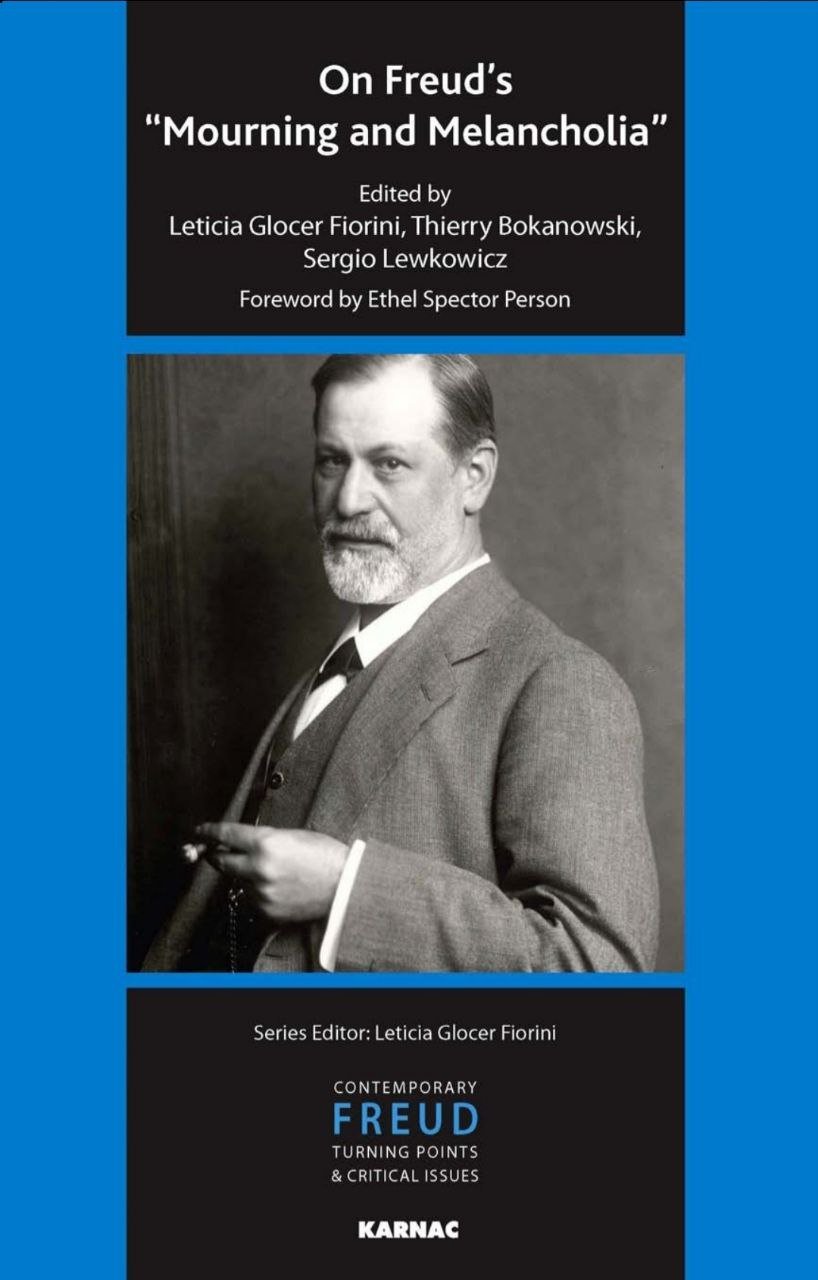
On Freud’s Mourning and Melancholia
Private Book Reader
Access your private PDF books securely. Upload and enjoy reading your personal collection anytime.
Read Your Private BookShort Audio Book Summary
On Freud’s Mourning and Melancholia Summary
0:00 / 0:00Reviews
No review yet. Be the first to review this book!
Description
On Freud’s “Mourning and Melancholia”, edited by Leticia Glocer Fiorini, Thierry Bokanowski, and Sergio Lewkowicz, is a compelling and layered re-examination of one of Freud’s most influential and enduring metapsychological essays. First published in 1917, Mourning and Melancholia explores the psychic processes of grief and pathological depression, offering a foundational framework for understanding loss, identification, and the workings of the unconscious in affective life. Freud’s original text distinguishes between normal mourning—a painful but ultimately healing detachment from a lost loved one—and melancholia, a condition marked by self-reproach, diminished self-regard, and unconscious identification with the lost object. In melancholia, Freud argues, the ego turns against itself, attacking the internalized lost object as though it were a part of the self, thus laying the groundwork for modern understandings of depression and narcissistic pathology. This edited volume brings together internationally respected psychoanalysts and scholars who engage Freud’s concepts from clinical, theoretical, developmental, and cultural perspectives. The contributors revisit and expand on Freud’s key ideas, particularly the dynamics of loss, introjection, and narcissism, and reflect on their relevance to contemporary analytic practice. They explore how the distinction between mourning and melancholia has influenced theories of depression, attachment, and identity formation, as well as how these processes manifest across different developmental stages and within diverse cultural contexts. The book also delves into the relational and intersubjective dimensions of grief and melancholia, incorporating insights from object relations theory, self psychology, and contemporary relational models. It discusses the transformative role of mourning in the analytic process and considers how unresolved loss may persist in the unconscious, leading to repetition compulsion, inhibited vitality, and psychic deadness. The contributors examine how melancholia can become encoded in transference-countertransference dynamics and how analytic work can help facilitate mourning where it has become blocked or pathologized. On Freud’s “Mourning and Melancholia” is both a tribute to Freud’s theoretical brilliance and a testament to the lasting relevance of his ideas in the study of loss, identity, and affect. Through clinical insight, theoretical depth, and interdisciplinary engagement, the volume reaffirms that Freud’s distinction between mourning and melancholia remains vital for understanding the complexity of human grief, the internalization of relationships, and the enduring impact of loss on the psyche.












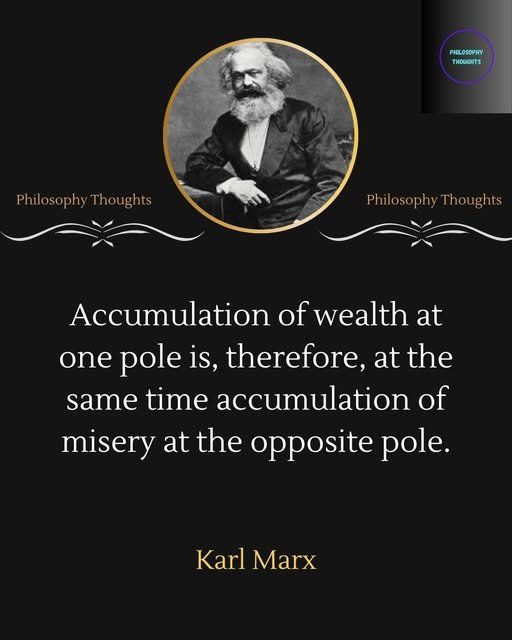









.jpeg)








.jpg)
.jpeg)





.jpeg)






.jpeg)



.jpg)
.jpg)


.jpg)




.jpg)




.png)


.jpg)





.jpg)






.jpg)


.jpeg)







